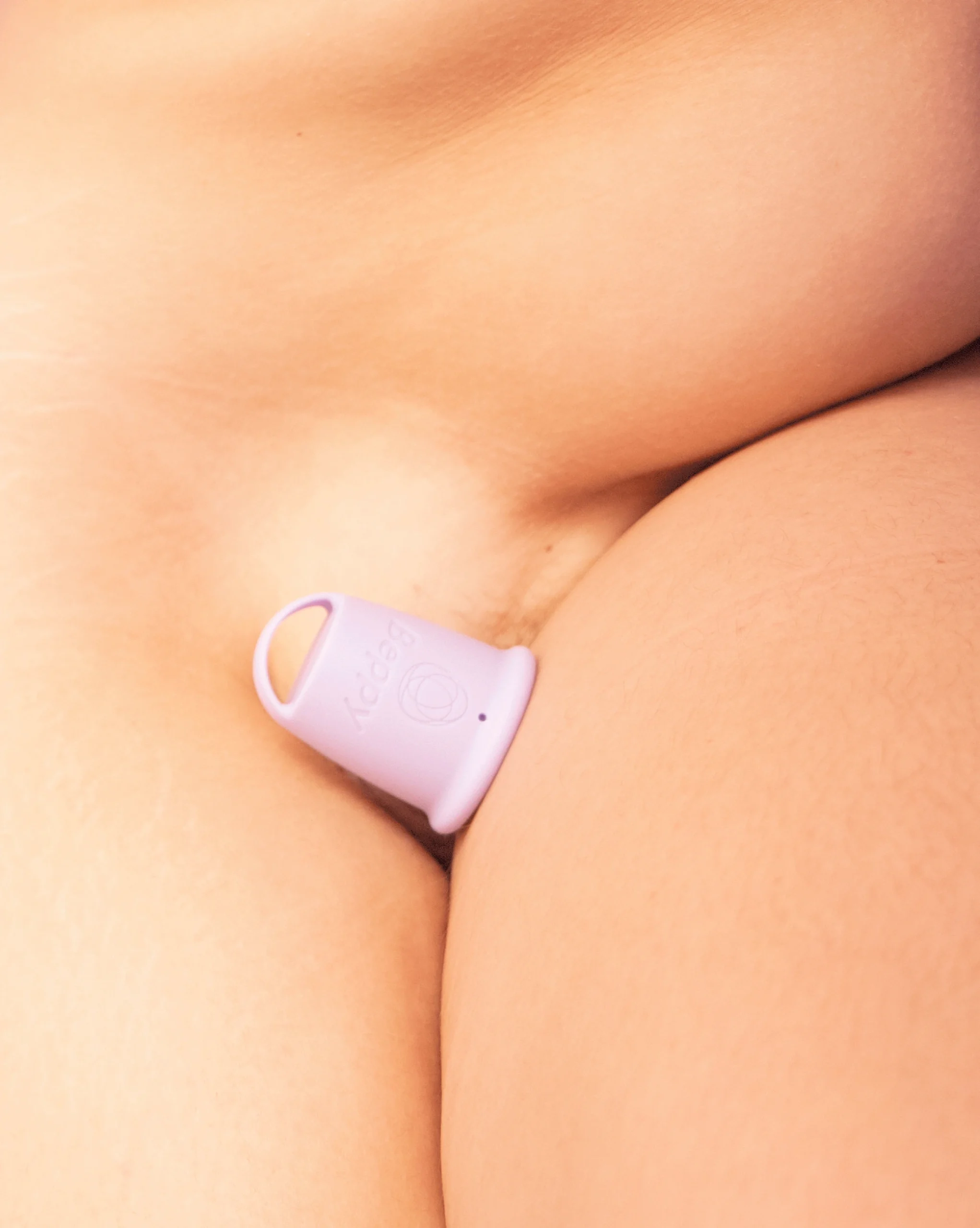
- Ontvang een gratis cadeau bij bestellingen vanaf €30
- Klanten beoordelen ons gemiddeld met een 4,6 / 5 (882 beoordelingen)
Menorrhagia is the medical term for extremely heavy or prolonged menstrual periods. People with menorrhagia lose more blood than normal or menstruate for longer than 7 days, which can lead to anemia and fatigue.
When heavy menstruation affects daily life, it is important to consult a doctor to find out the underlying cause and find appropriate treatment.
Get the latest news on menstrual freedom straight to your inbox!
HQ Beppy, Netherlands
Signalman 1-3
3034 KH Rotterdam
[email protected]
+31 (0)10 467 65 73 (9.00 – 17.00)
Chamber of Commerce: 24123466
Beppy, Belgium
9A Countess Elisabethlaan, P.O. Box 77
2320 Hoogstraten
[email protected]
+32 (0)78 158 349 (9.00 – 17.00)





